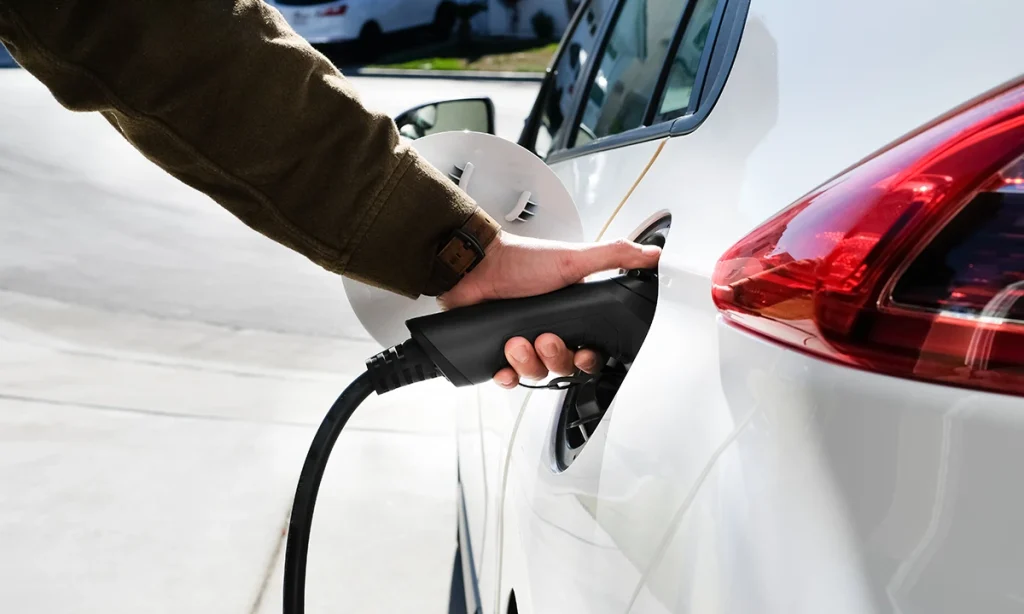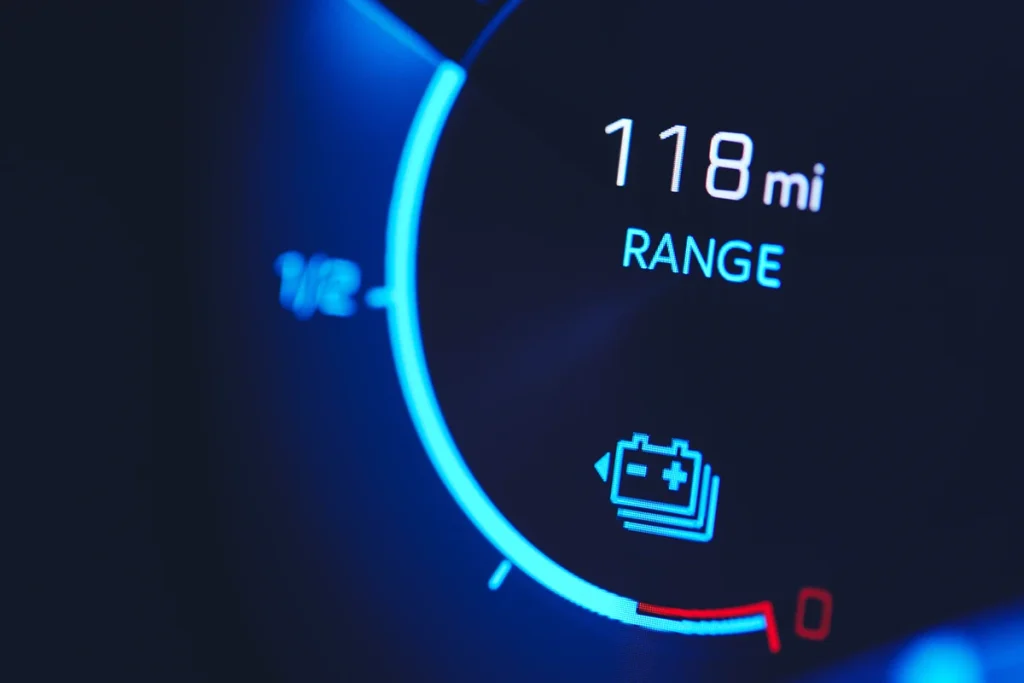As North Carolina progresses towards a greener future with minimal greenhouse gas emissions and sustainable transportation, Duke Energy is collaborating with General Motors, Ford Motor Company, and BMW of North America to initiate a novel electric vehicle (EV) trial program in the state. The program focuses on ensuring a fixed cost for EV charging.
Featured Image credit: theevreport
Duke Energy’s EV Complete Home Charging Plan pilot, a 12-month programme, will allow North Carolina’s residential clients to use up to 800 kilowatt-hours (kWh) per month for home charging of an EV at a fixed fee.
The charge would be $19.99 per month in its Duke Energy Carolinas service region and $24.99 per month in its Duke Energy Progress service region. As the typical EV driver uses under 15 kWh daily, this pilot promises to alleviate stress for participants by offering almost double the monthly usage required by the average driver.
Customers with a qualifying EV, either owned or leased, will get an invitation from their particular EV manufacturer to join the program, with enrollment starting in September. More specifics about the enrollment will be given to participants before the program kick-off on November 1.
Kendal Bowman, Duke Energy North Carolina state president, supported North Carolina’s ambitious greenhouse gas emissions reduction goals. Emphasizing the importance of increasing EV adoption and decreasing reliance on gasoline-powered vehicles, Bowman stated that these efforts will contribute towards the state’s progress in achieving carbon neutrality.
As part of the program, customers can access an application their automaker provides. This app allows them to input their desired charge and preferred departure time, generating an optimized charging schedule based on these preferences.
Duke Energy is collaborating with General Motors, Ford Motor Company, and BMW of North America through the Open Vehicle Grid Integration Platform (OVGIP). The OVGIP enables efficient management of EV charging across multiple automakers in a grid-friendly and EV driver-centric manner.
Through OVGIP, Duke Energy can directly measure customer charging data from enrolled vehicles without the need for additional meter installations. Each automaker maintains ownership and management of its charging application that communicates through this platform.
During the pilot program, participants will indicate their desired time to achieve a specific state of charge. Their respective automakers will then optimize the EV charging schedule accordingly, aiming to avoid peak hours on the grid while meeting each participant’s requirements. This process enhances convenience for customers by ensuring their vehicle is sufficiently charged when needed while contributing to grid stability.
Kendal Bowman highlighted the financial benefits associated with owning an electric vehicle: “The average EV owner already saves about $1,000 per year on fuel costs compared to a traditional vehicle,” he said. By adding a predictable monthly subscription charge for home charging on top of those savings, customers can enjoy consistent cost savings during their EV ownership journey. Bowman also emphasized how convenient it is for drivers to leave home with a fully charged vehicle and reduce trips to public charging stations thanks to at-home charging capabilities provided by this program.
A key aspect of Duke Energy’s strategy to prepare the grid for the growth of transportation electrification involves incentivizing EV charging during periods when the grid has available capacity. As part of the pilot program, Duke Energy will initiate up to three monthly demand response events to help balance grid demand. Participants in the pilot will receive notifications from their automakers at least 12 hours before these events, informing them of the specific date and hours during which they should avoid charging their EVs. During the pilot period, participants can opt out of up to four demand response events.
Harry Sideris, Executive Vice President of Customer Experience at Duke Energy, highlighted how EV charging offers flexibility for effective management, such as shifting charging activities to off-peak hours. This flexibility is crucial in limiting cost increases and mitigating peak demands on the grid. Duke Energy has been strategically planning and enhancing its infrastructure in preparation for a future with more EVs on the roads.
The company is also making data-driven investments to improve reliability, strengthen the grid, expand technologies, and provide customers with valuable information necessary for making informed energy choices while saving money along their journey towards sustainable transportation options.


